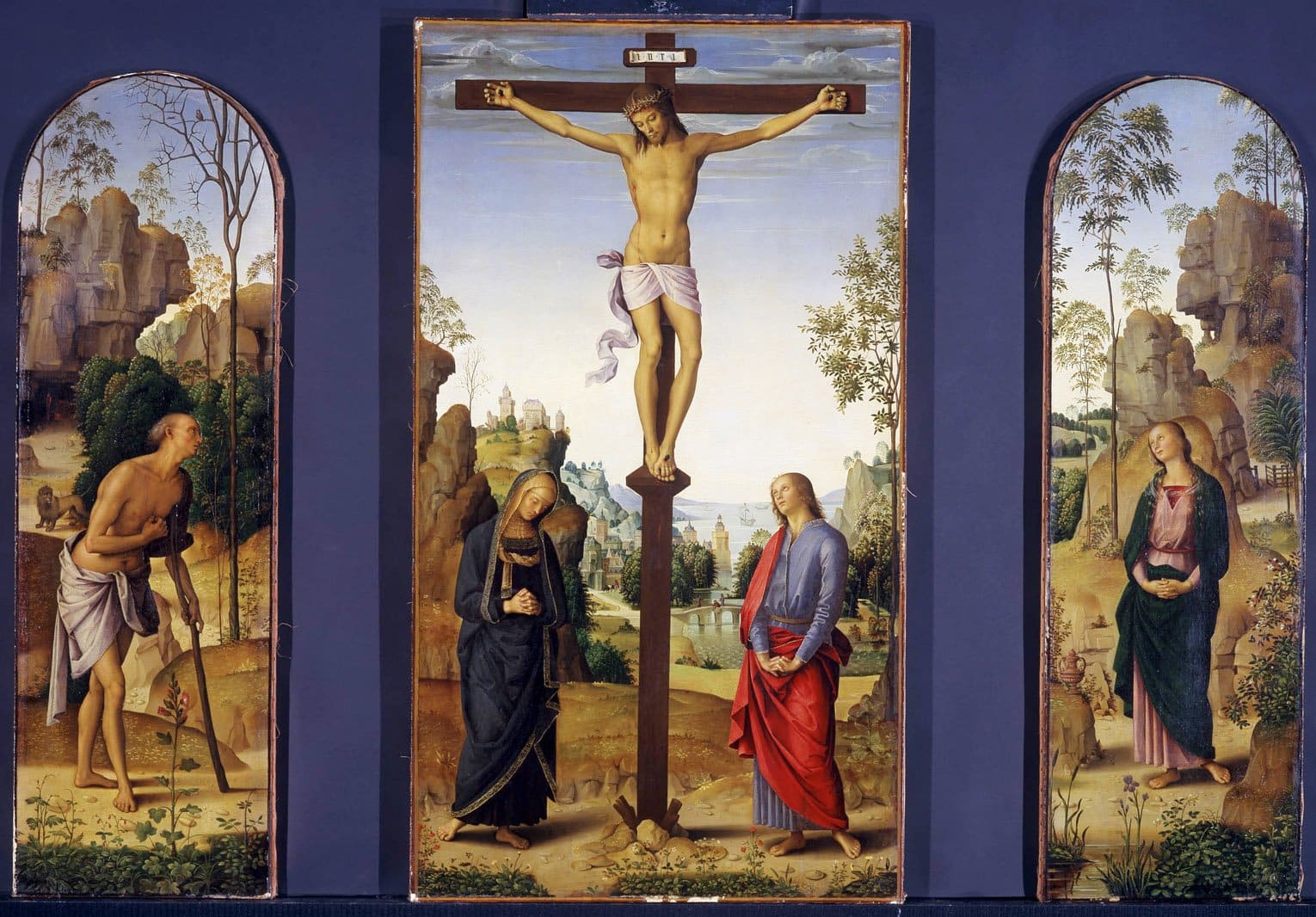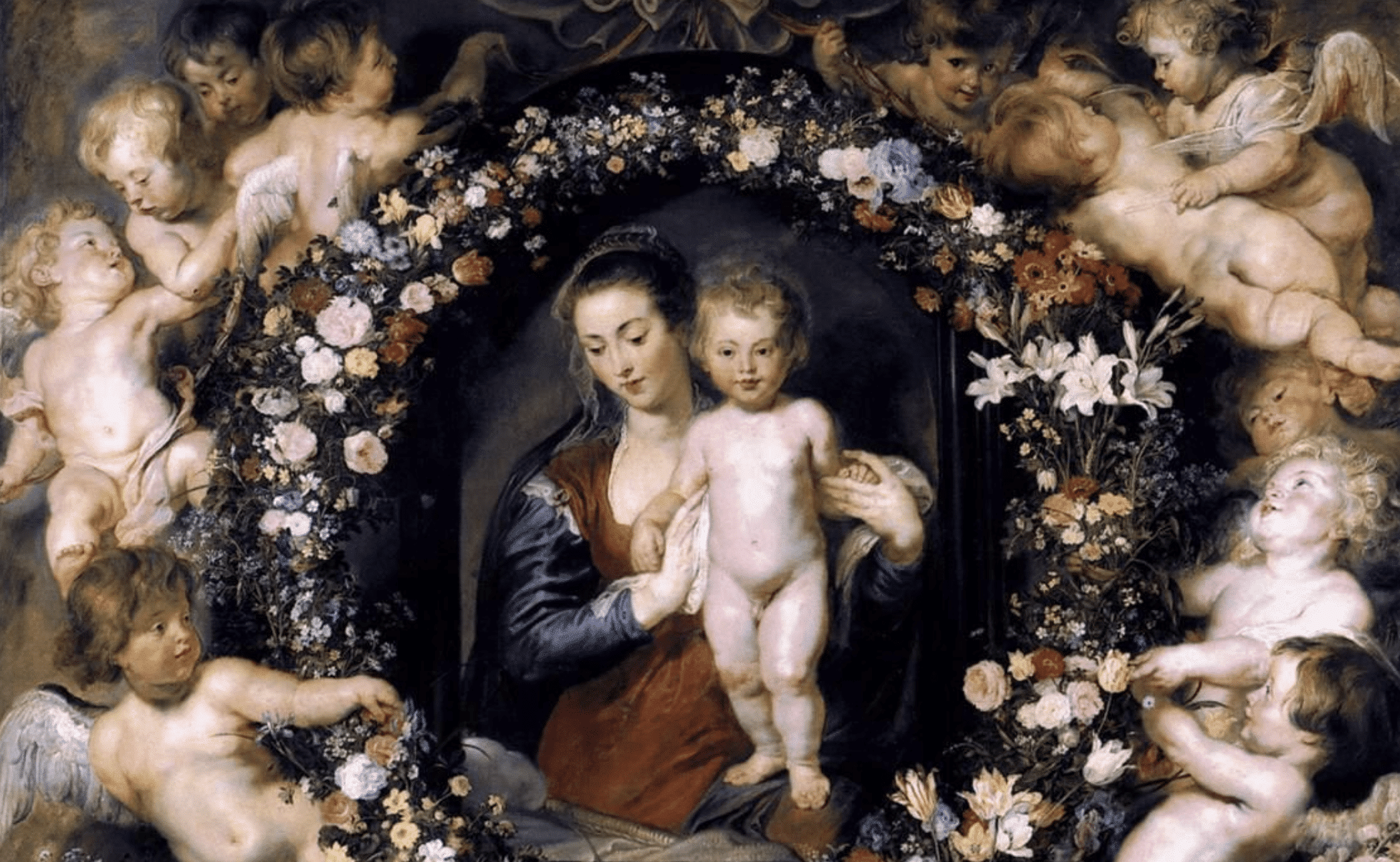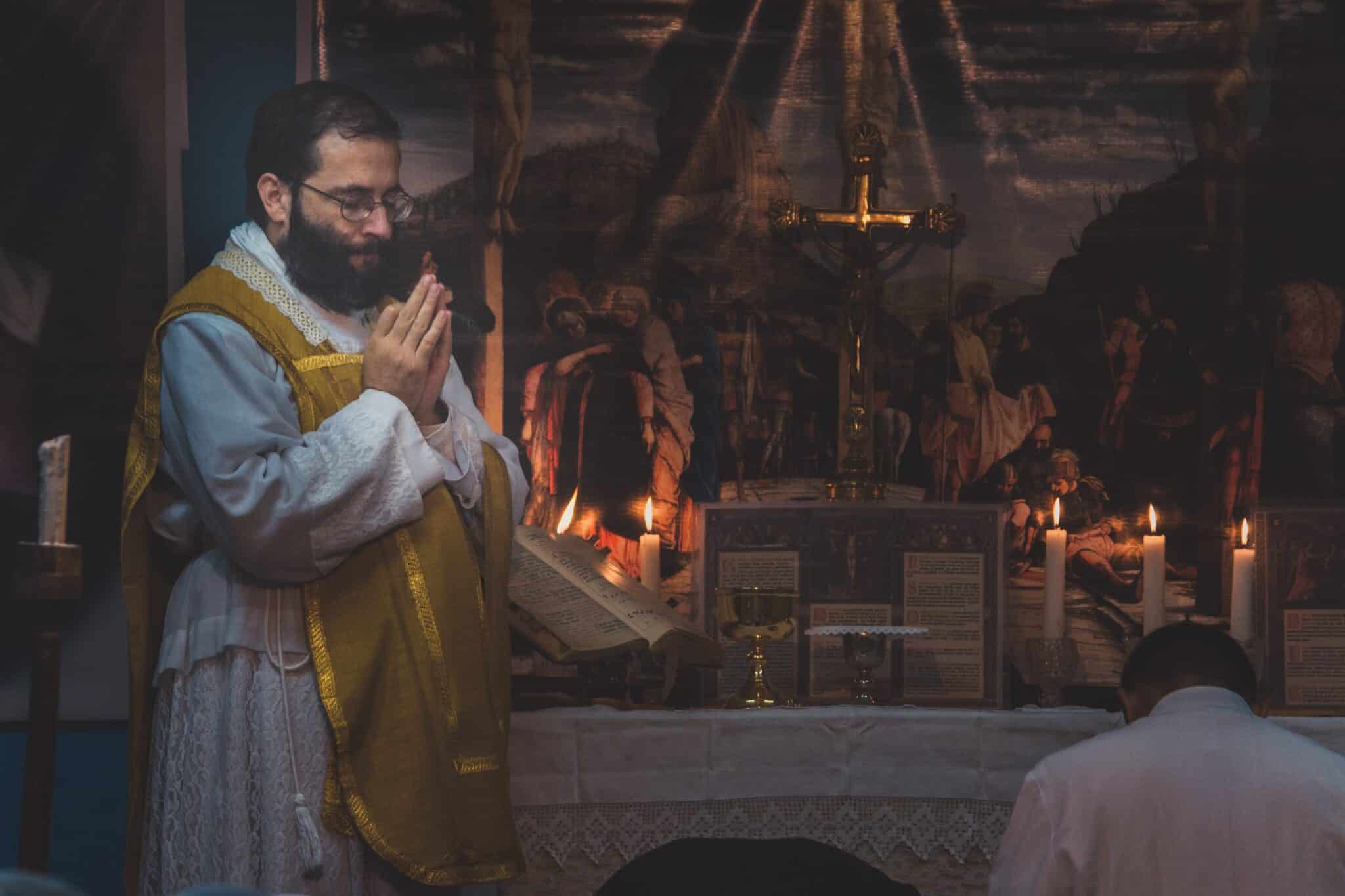
Honoring St. Mary Magdalene
Though she was never known to waver in her support of Jesus, Mary Magdalene’s actions in Jesus’ final days best exemplify her commitment.
Find what you’re looking for

Though she was never known to waver in her support of Jesus, Mary Magdalene’s actions in Jesus’ final days best exemplify her commitment.

My husband believes all that Catholics teach. He believes in his heart that Jesus is present in the Eucharist. There is one problem: My husband resists the idea of becoming Catholic, of converting to this faith.

Q. In our parish a group of us gather before Mass to pray the rosary and the Litany of the Blessed Mother. From where did the Litany of the Blessed Virgin come? And what do the titles “Mirror of Justice,” “Seat of Wisdom,” “Mystical Rose,” “Tower of David,” “Tower of Ivory,” “House of Gold,” “Morning Star” and “Ark of the Covenant” mean?

I’ve been a Catholic for 70 years and have tried to understand the mystery of the Trinity. The other day I wondered, Did Jesus have a soul? Nothing is ever easy.

The Book of Blessings directs that the blessing should not be given unless those who live in the home are present—you don’t just bless empty living quarters.

All excommunications are meant to be medicinal. They are a kind of shock therapy intended to make sinners aware of the seriousness of their sin and their spiritual condition and call them to conversion.
Books say Nicholas died in 342 A.D., but they don’t say when he became a saint. They also say that, while many miracles were performed, they were not recognized by the Catholic Church and he was dropped from the Roman liturgical calendar in 1969.

I am not doing what I should in order to enter the gates of heaven. Could you send me a daily prayer? I need to change my life, but do not know where to begin.

Sometimes we put too much confidence in the strength of our faith. Yet Jesus strengthens our weakness, and keeps us in touch with the Father’s strength.

One of my close friends believes in reincarnation. My Catholic education and faith leave me with no reason to believe in multiple lives. Among other things, my friend claims that all mention of reincarnation was removed from the Bible in the early centuries of the Church.

28 W. Liberty Street
Cincinnati, OH 45202
513-241-5615
info@franciscanmedia.org
Customer Service:
cservice@franciscanmedia.org
Technical Questions:
support@franciscanmedia.org
Writer’s Guidelines
Privacy Policy
Post a Prayer Request
Webmaster Login